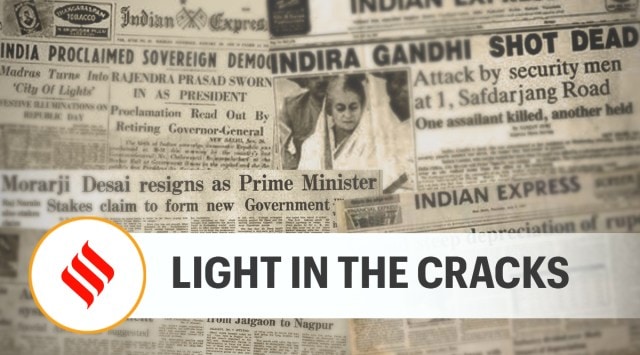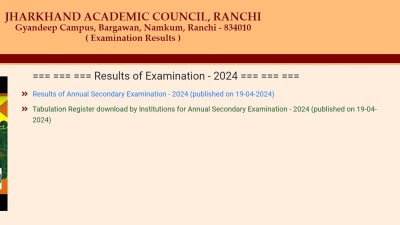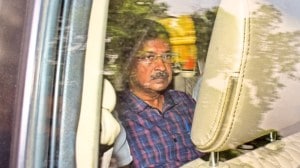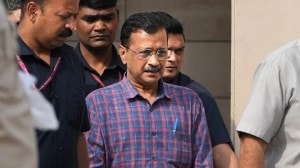- India
- International
Dissenting voices in Karnataka BJP, Kerala Sangh Parivar could help open up spaces for difficult conversations
Dissent and difference may slow down the work of governance and politics, but they enrich the outcomes immeasurably.
 The marginalisation of Yediyurappa in the state BJP and the appointment of Basavaraj Bommai as CM can be said to have empowered the more conservative sections within Karnataka’s ruling party.
The marginalisation of Yediyurappa in the state BJP and the appointment of Basavaraj Bommai as CM can be said to have empowered the more conservative sections within Karnataka’s ruling party.Two BJP legislators in Karnataka have asked the state government to act against the “wrong” and “undemocratic” restrictions imposed on Muslim traders participating in temple festivals. In neighbouring Kerala, Sangh Parivar affiliates have termed the decision of the Koodalmanikyam temple administration to deny permission to a Bharatnatyam dancer for performing in the temple premises because she is a non-Hindu as against Hindu culture and tradition — ironically, the temple is administered by the CPM-led government’s nominees. These two responses, which contradict the dominant or conservative party line or view, frame an important message — political parties are no monoliths and, in a diverse democracy, cracks are good. They can open up spaces for difficult conversations, and let in more light.
The dissenting voices in the Karnataka BJP are still a minuscule minority, of course. A H Vishwanath, a recent entrant in the BJP, was a Congress minister in the 1990s and later headed the Janata Dal (Secular) in the state. A senior OBC leader, he is now a marginal player in the BJP. The other leader who spoke out, Anil Benake, represents Belagavi North, a Muslim-dominated constituency in North Karnataka. However, the angry reaction of Vishwanath, who is close to former chief minister and senior BJP leader B S Yediyurappa — he called the ban on Muslim traders “madness” — could resonate with leaders who have been less strident in their style of politics and more accommodative of religious minorities in government. The marginalisation of Yediyurappa in the state BJP and the appointment of Basavaraj Bommai as CM can be said to have empowered the more conservative sections within Karnataka’s ruling party. Vishwanath and Benake may have flagged the disquiet in a section of the Karnataka BJP, therefore, over the rise of radical elements and agendas. A hint of a similar backlash against a more restrictive approach to Hindu customs and traditions is visible in the Kerala temple episode. In a bid to facilitate the Sanskritisation and codification of diverse Hindu faith traditions, a section of the Sangh Parivar leadership in Kerala has been speaking out against rituals and customs that they deem as regressive and violative of egalitarian values. This section had argued for removing gender discrimination at the Sabarimala Ayyappa shrine and, initially, supported the Supreme Court ruling, before falling in line with the populist, conservative view that favoured the continuation of the temple custom. The support for Mansiya VP, the dancer who was born in a Muslim household but now identifies as an atheist, has to be viewed in this context.
Irrespective of how it plays out, the tendency to challenge the conservative consensus must be welcomed. It facilitates debate, opens up possibilities of a middle ground. Politics, at its best, is a negotiation that allows multiple viewpoints to express themselves and to flourish, and forges consensus through dialogue. Dissent and difference may slow down the work of governance and politics, but they enrich the outcomes immeasurably.
This editorial first appeared in the print edition on March 30, 2022 under the title ‘Light in the cracks’.
EXPRESS OPINION
More Explained
Apr 19: Latest News
- 01
- 02
- 03
- 04
- 05
































